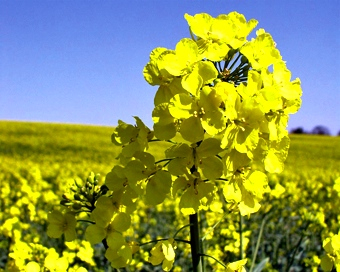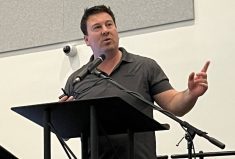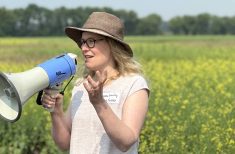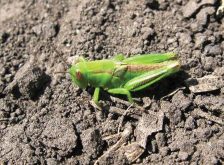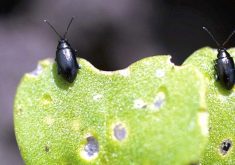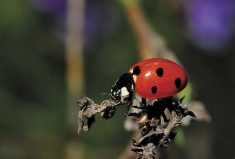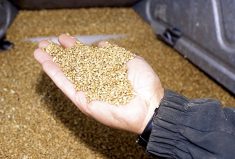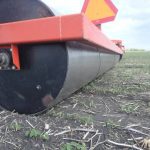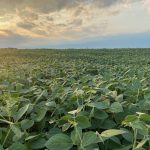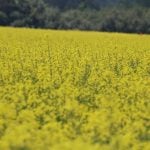Reuters – Rapeseed crops in Germany are suffering unusually high levels of insect damage this autumn following the European Union’s ban on neonics, says the German farming association DBV.
Some farmers may suffer lower yields in the upcoming 2015 rapeseed harvest, it said. The EU has decided to restrict neonicotinoids which have been linked to a drop in bee populations and which were widely used as rapeseed seed treatments.
- More from the Alberta Farmer Express: Alberta beekeepers oppose Ontario neonic lawsuit
Read Also
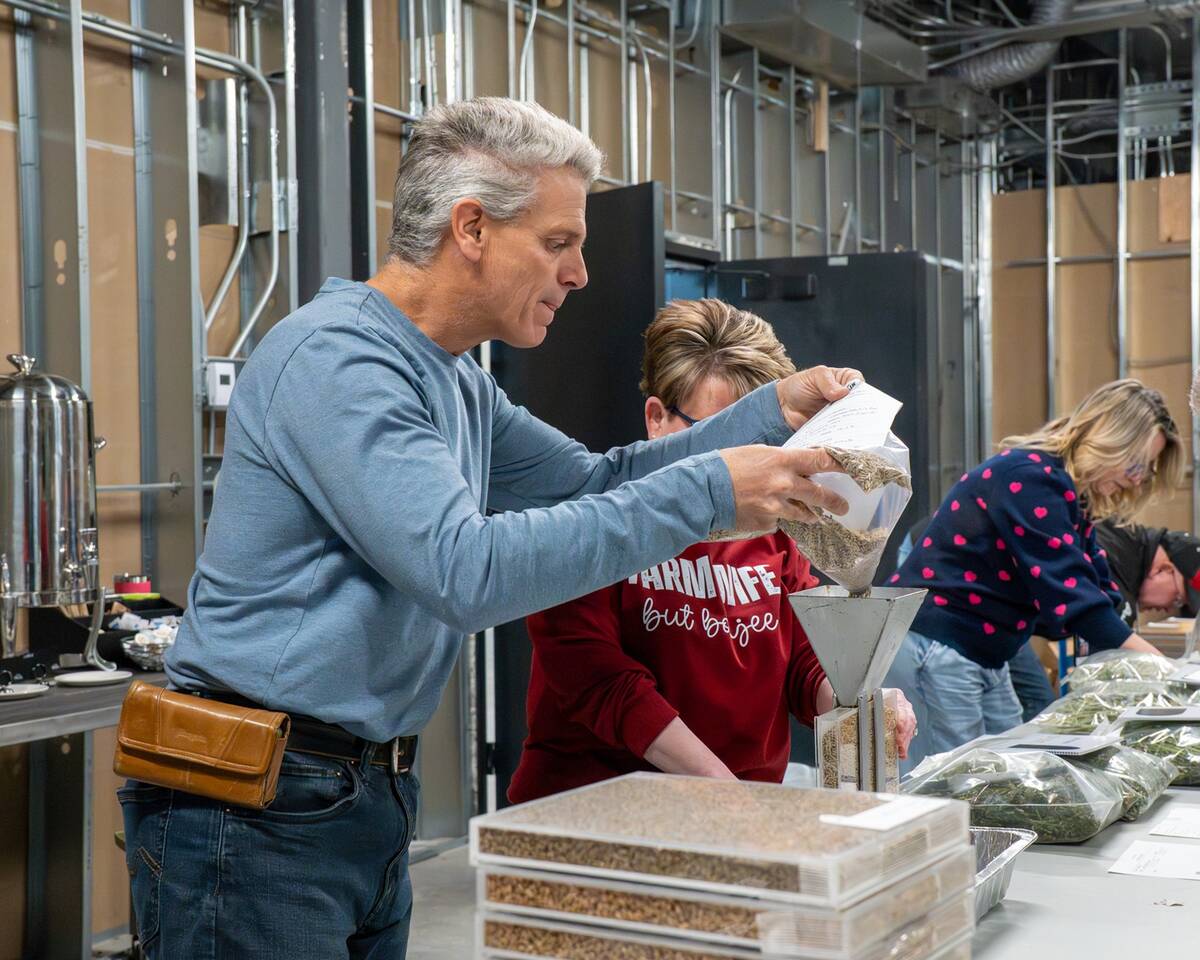
North American Seed Fair continuing a proud 129-year-old agricultural tradition
One of North America’s longest continually lasting seed fairs makes its 129th appearance in southern Alberta.
Rapeseed planted this autumn is the first to be grown in recent years without neonicotinoids.
“The damage that was feared to rapeseed crops planted only four weeks ago has occurred in the first year of the ban on the proven crop protection chemical,” said Wolfgang Vogel, chairman of the DBV’s arable farming committee.
The overall level of damage was unclear, but insect damage to plant roots could make rapeseed more vulnerable to frost damage in winter, he said.
“In some regions large areas of rapeseed crops have been damaged and some individual fields had to be plowed up to enable resowing with winter grains,” he said.

